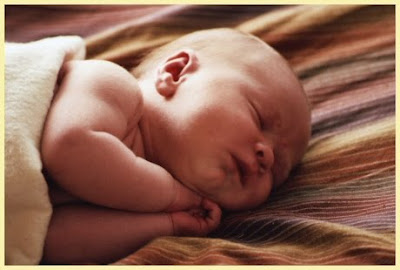
Earlier this month, Neil and Monique Ward hit the headlines for their determination to conceive. It took them 25 years, 21 attempts, two donated eggs and a staggering £100,000 but their efforts resulted in much longed for twin baby boys.
They do not regret their decision or perseverance for a moment, but their story has highlighted the fertility treatment available to those that can afford it. It is unlikely that the couple would have ever fulfilled their dream of becoming parents if their treatment had been left to the NHS and it's limited resources.
Nowadays, pretty much anyone, whatever their circumstances, can reasonably hope to conceive if their pockets are deep enough, and at times it seems that we are in the grip of procreation fever.
Single or gay, young or old, if you have the money there will be a clinic that can accommodate you.
Last November was the first time the multi-million-pound IVF industry displayed the full array of its wizardry under one roof. Visitors to the Fertility Show at Olympia, in London, were exposed to the wide array of fertility treatments available.
From choosing a child's gender, to screening out genetic abnormalities, or renting a woman's womb cheaply in India, there is a resource for every fertility requirement. One can even choose a sperm donor who has graduated from Yale, or pick one resembling your favourite celebrity, in the hope of securing attractive characteristics for your offspring.
In an article in the Times newspaper this week, IVF mania has been explored by a woman who has experienced it first hand. Follow this link to the full article: http://www.timesonline.co.uk/tol/life_and_style/health/article7003036.ece





























